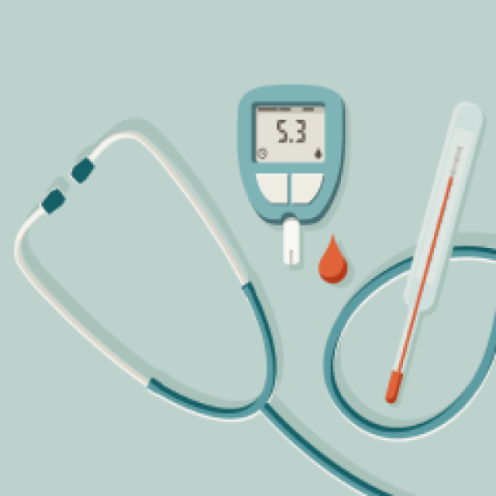Our Terms & Conditions | Our Privacy Policy
The unexpected nutrient scientists say could cut cognitive issues in old age
Sign up for our free Health Check email to receive exclusive analysis on the week in health
Get our free Health Check email
Get our free Health Check email

Adults who consume more dietary copper tend to perform better on cognitive tests, including memory, attention and language, research has found.
In a study of more than 2,400 Americans aged 60 and above, those eating roughly 1.4mg of copper a day scored higher on a number of cognitive assessments than those consuming less than 0.8mg.
Copper, though needed in only trace amounts, plays a key role in brain health, helping produce energy in nerve cells, supporting the creation of key neurotransmitters, and bolstering the body’s natural antioxidant defences.
Shellfish, grains, beans and nuts are good sources of copper, but experts say a balanced diet should provide adequate amounts.
Scientists continue to debate, however, whether copper’s effects on the ageing brain are overall protective or harmful, as large amounts can cause gastrointestinal issues.
The team for this latest research into the benefits of copper asked participants to recall everything they ate on two separate days. They then averaged those figures to estimate each person’s daily copper intake.
Cognitive abilities were tested with four well-established tasks, including quick symbol-matching and immediate and delayed word-recall, plus an overall “global” score combining all measures.
The results revealed a clear pattern: cognitive performance improved as copper intake rose, peaking at around 1.2 to 1.6 mg per day, depending on the test.
Above those levels, benefits levelled off, and scores showed no further gains.
Those in the top quarter of copper consumers outscored the lowest quarter by roughly four symbols on the matching test and recalled about half a word more after a delay.
People who had previously suffered a stroke appeared to gain even more benefit: high copper consumers in this group had an especially marked boost in their overall cognitive score.
While the researchers say this is not enough evidence to suggest that copper intake improves cognitive function, they have argued the link is “biologically plausible”.
“Dietary copper is crucial for brain health and may confer protective effects on cognitive function through its involvement in antioxidant defence, neurotransmitter synthesis, and energy metabolism,” the report states.
Images are for reference only.Images and contents gathered automatic from google or 3rd party sources.All rights on the images and contents are with their legal original owners.



Comments are closed.